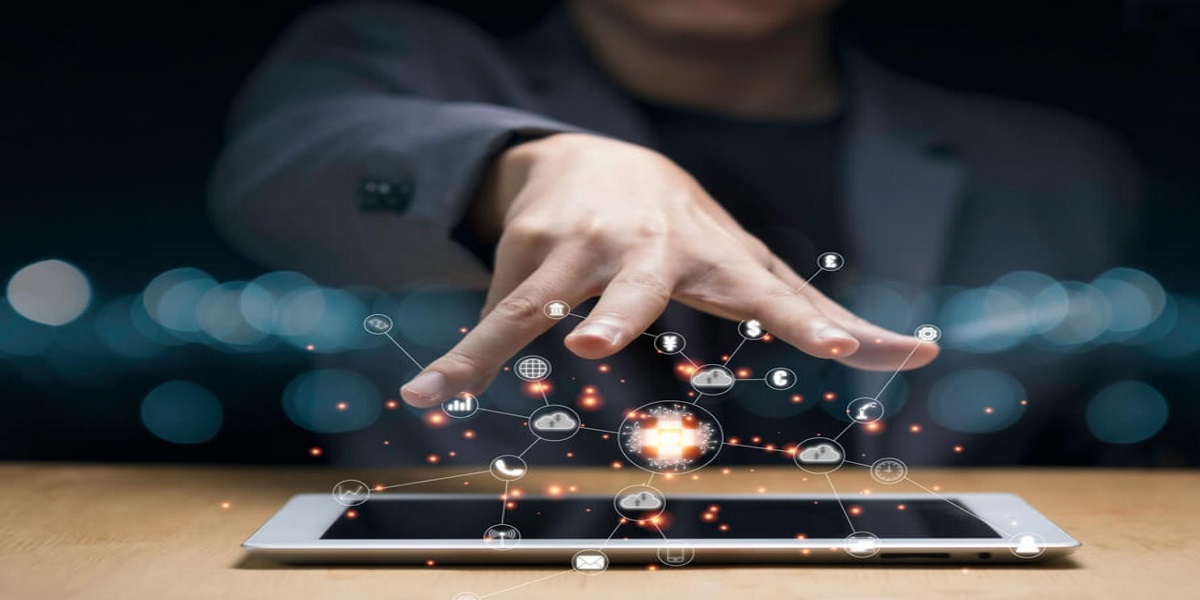
We are currently in the middle of an AI revolution. Presumably, this is only the first of the many big technological jumps. Over the years, the world has witnessed a steady trickle of AI-based solutions making their way into many business spheres, most of all, business and marketing. Needless to say, we can expect to see this technology getting increasingly embedded into the future.
Even the numbers sing the same tune. According to a 2020 report by Grand View Research, the AI market is expected to grow by a whopping 42.2% between 2020 and 2027. Moreover, a Forbes 2019 report stated that sales and marketing departments prioritize AI for success more than any other department. Therefore, it can be safely concluded that marketing app development serve as a perfect practice field for AI.
But how can AI transform the business and marketing landscape? Let’s find out.
Enhancing Target Audience Segmentation
Accurate customer segmentation is one of the cornerstones of a productive marketing campaign. Dividing or segmenting your audience into chunks allows you to group customers with similar needs and characteristics and target them with a personalized messaging campaign, thereby bidding adieu to the traditional one-size-fits-all approach.
Artificial Intelligence can inform improved customer segmentation and selection. Armed with tools to recognize the target audience based on past behavior and actions, marketers can offer tailor-made experiences that will resonate with both potential and existing customer.
Improving Analytics
With AI ushering cutting-edge technologies like sentiment and emotional analytics, B2B marketers can further streamline their marketing efforts and outmaneuver their competition. These technologies can assist you in curating hyper-targeted messaging. How?
With knowledge of emotional reaction to a particular style of messaging or pitch, marketing and sales reps can identify what messaging style works best and double down on content that resonates with their target audience.
Augmenting Lead Generation
Lead generation is the lifeblood of marketing. However, pursuing low-quality leads can place undue stress on sales and marketing reps. Teams, especially small ones, cannot afford to invest resources in leads that aren’t sales-ready. Doing so would unnecessarily bump up the acquisition costs, harm productivity, and bleed your revenue stream. Here’s where AI comes in to save the day again.
AI-based marketing automation tools can streamline lead-qualifying processes with predictive lead scoring. With it, marketing teams can not only prioritize leads on their behavior, but also fill the sales funnel without further adjusting their budget or allocating more resources.
Empowering Hyper-Personalization
Let’s face it; modern buyers have become conditioned to personalized buying experiences. It is no longer a plus; it has become a customary expectation, and AI-powered tools and technologies can help businesses meet it.
Many AI-driven content insight tools are available today that help B2B brands read customer intent signals, tailor content according to those insights, and better educate their audience. Plus, business today can offer individualized customer service by using AI-powered reputation management tools.
Moreover, AI can be employed to analyze real-time firmographic and intent data, along with content consumption patterns, to help you curate hyper-personalized recommendations for every buyer in your target audience.
Parting Thoughts
Contrary to what most of us think, AI has already become an integral cog in the business machinery. Organizations that realize AI’s potential and take tangible steps towards incorporating it into their daily workflow will most likely succeed in the coming years.
